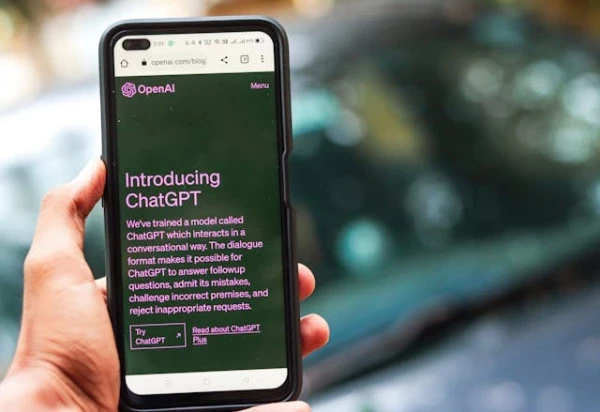Malala Yousafzai is Dismantling Inequity: Highlights from her International Women's Day Discussion
Add bookmark
In celebrating International Women’s Day this past week, leaders, change makers and individuals across the globe took a moment to celebrate women’s achievements, discuss ongoing challenges and come together to take action against inequalities.
Aligning with the theme Embrace Equity, discussions centered around a more equitable society that “weaves gender equality throughout every part of its DNA.” The goal of this year’s IWD was to get the world talking about why equal opportunities are no longer enough. The International Women’s Day campaign shares that true inclusion requires equitable action.
Under the same theme, the United Nations observed International Women’s Day with a focus on, “DigitALL: Innovation and technology for gender equality.” By exposing the digital gender gap, the UN highlighted the importance of protecting the rights of women in digital spaces.
These topics were also highlighted in Malala Yousafzai’s inaugural IWD talk during Qualtrics' 2023 X4 Experience Management Summit in Salt Lake City.
In her discussion, ‘Dismantling Inequity: The Power of Developing Women Leaders’ Malala Yousafzai took the opportunity to share not just her personal experience with inequity, but the story of all girls seeking the right to education and opportunities they were consequently denied.

Yousafzai, sharing the details of her upbringing and activist roots, discussed the moment she realized her voice was critical to making change. ‘“Extremism had emerged…and in that situation you cannot imagine a future for yourself, especially when you are a girl or a woman,” she stated, “I could never imagine having a life with such limits where a woman is constrained to the four walls of her house.”
Regardless of her age, gender and background, Yousafzai noted that her voice was still powerful in bringing light to inequalities. Leading with the support of her parents, teachers and mentors, she notes that the individuals she surrounded herself with influenced her in finding the confidence to speak up.
However, true equity and inclusion does not just come from inner confidence — education is critical for building this path. She shares, “Education is the foundation of the path to equality. If you even take away the foundation of equality it’s really difficult for a woman to picture and empower a future for herself, especially in a patriarchal society. So I had to speak out, there was no option for us.”
Her role as an activist, she notes, often requires an open discussion on her end. Yousafzai urged attendees to find commonalities between themselves and whoever they are talking to. In her own work she attempts to meet people where they’re at; discussing topics in terms that make the most sense to everyone. By addressing what's important to both sides, she argues that conversations will be more impactful.
Yousafzai also discussed her passion for equity in technology. When asked about her partnership with Apple, the education activist shared that technology has ultimately helped her organization stay connected. By empowering her team to work in different parts of the world, technology has allowed them to learn from each other and do work collectively.
However, technology hasn’t always been accessible to her and her peers. Yousafzai shared her experience with the digital gender gap and stressed that traditional gender roles often hinder young girls and women's ability to engage with technology effectively. In studies conducted during the pandemic, her team noticed that families with one digital device were most frequently used by the males of the household. As women and girls were expected to help with maintaining the home, they had far less time to dedicate to their studies and the technology enabling them.
Therefore, she urged, “If we want the tools to serve everyone we want to make sure that in the making of it we are involving everyone, that there is the intake and input of everyone.” By ensuring equal access to technology, and the creation of it, leaders can make steps toward a more equitable digital environment.
Because today, the implications of technology go far beyond just connection. Technology empowers individuals to learn, grow and find a place for themselves in the world. Leaders must seriously consider all users when making technology decisions. Yousafzai concluded, “My only message is, always take a pause and think about how you are influencing and impacting the world around you and ensure that you are making every decision with full responsibility and ensuring that it still benefits and serves everyone fairly and equally.”

































